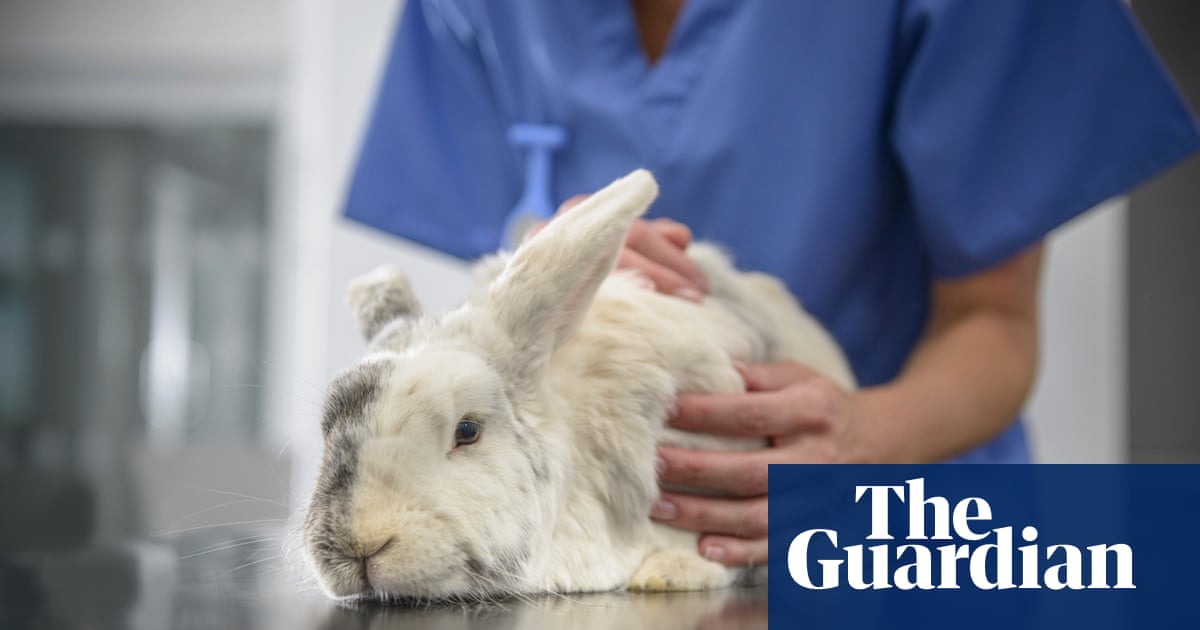
Britain’s food supply is highly vulnerable to cyber-attacks, a leading food expert has warned, saying greater emphasis on domestic production would boost the UK’s food security.
“If anyone wanted to really damage the British food system, they could just take out the satellites,” said Tim Lang, professor of food policy at City, University of London. “Our ‘just-in-time’ system is entirely dependent on computerised logistics. When you pay for your food at the checkout, the computer isn’t just adding up the bill, it’s reordering the stock.”
Lang’s warning comes before the publication this month of the second part of a national food strategy commissioned by the government. Henry Dimbleby, co-founder of the Leon restaurant chain, was appointed in 2019 to oversee a review of the UK’s food system. The first part, published last year, said Brexit was a “once-in- a-lifetime opportunity” to reshape policy.
Leaks of the forthcoming report suggest it will recommend a 6% tax on foods with a high salt content, which could increase the price of a Big Mac by 20p and put an extra 5p on a bag of crisps. Dimbleby’s recommendations will be followed by a white paper next year that will lead to a new food act, making the next 12 months critical.
An alternative report, co-authored by Lang, Erik Millstone, emeritus professor of science policy at Sussex University, and Terry Marsden, professor of environmental policy and planning at Cardiff University, says the government has been complacent about food security and “places excessive reliance on others” to feed its population. “Ministers have so far set no clear goals for the UK food system post-Brexit, or even for levels of home production,” the academics say in Testing Times for UK Food Policy, published this week. “The government’s default position is to leave food matters to corporate interests.”
Brexit “has huge implications for food, not least since the UK’s food suppliers are still closely enmeshed with the EU’s. Half a century’s food links are not easily replicated by a new trade deal here or there”.
About a third of food bought in the UK comes from the EU. The exodus of EU workers from Britain over the past 18 months has had a significant impact on food production and distribution.
According to Lang, the UK should be aiming to be 80% self-sufficient in food production, compared with about 50% now. “We currently produce only 52% of the vegetables [we eat], and 10% or 11% of fruit. We import apples and pears. This is ludicrous.”
Four words sum up what is needed in a new food policy, he said. “Food security – is there enough affordable, accessible, sustainable, decent food coming out of sustainable supply systems? And food defence – the need to protect supply lines.”
There are enormous costs in not adopting an integrated, coherent food policy, added Lang. “Britain has turned food from being a source of life into a source of death – obesity, diabetes, strokes, lowering of life expectancy. There are also social, financial, emotional and environmental costs.
“We’ve lengthened food chains. The distance between the primary producer and the food getting into our mouths involves more and more people. There are delivery services urging us not to even go to the local coffee shop or supermarket – they will bring it to you. The result is that in the UK we spend £225bn a year on food and drink, and the primary producers – farmers and fisherfolk – get about 7% of that.”
Lang and his fellow academics have produced nine principles and tests for a comprehensive food policy that include security, resilience, food poverty and reducing the concentration of food supply in the hands of a few giant companies. Pressure must be brought to bear on the government to prevent it “pandering to incumbent interests”, the report says.
Lang said he hoped Dimbleby’s proposals would sketch out a robust policy based on sustainability. “But the issue is whether it will be taken up, or shelved, eviscerated, cherrypicked by the government.”












